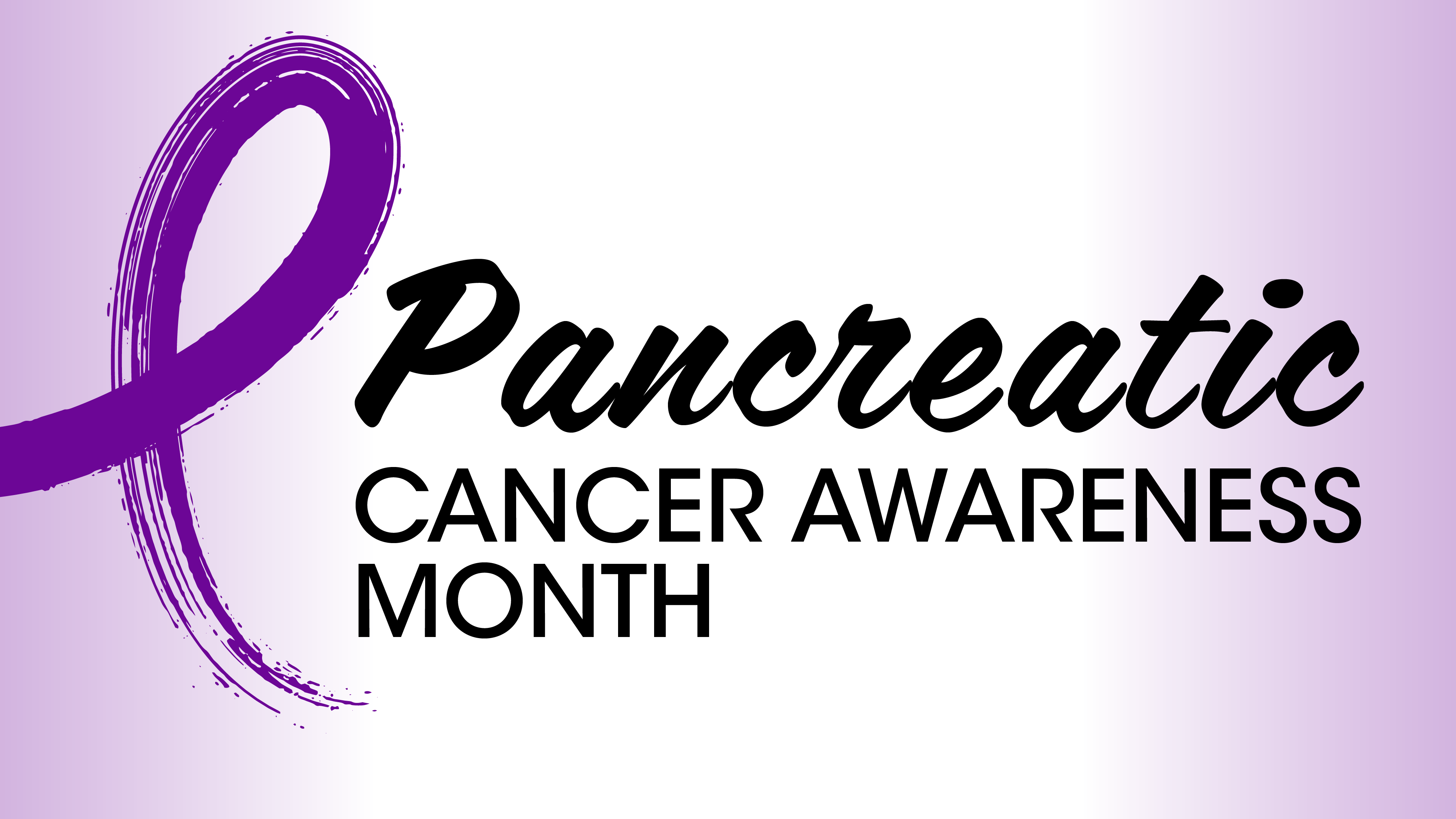
Leveraging Community Setting Multidisciplinary Care in Pancreatic Cancer

Genetic consultation and next-generation sequencing can also complement treatment strategies for patients with pancreatic cancer.
Mehmet Sitki Copur, MD, FACP, spoke with CancerNetwork® during
According to Copur, a medical director of Oncology and adjunct professor of Medical Oncology/Hematology at the University of Nebraska Medical Center, a medical oncologist/hematologist at Morrison Cancer Center of Mary Lanning Healthcare, and gastrointestinal editorial advisory board member for the journal ONCOLOGY, it is crucial to involve team members such as the surgical oncologist, medical oncologist, radiation oncologist, and pathologist when treating patients with pancreatic cancer. He also emphasized the use of next-generation sequencing and genetic consultation among patients to complement any treatment strategies for those with pancreatic cancer.
Transcript:
As far as the physicians who practice in the community setting—not necessarily an academic [center]—one big thing I would recommend is in every specialty and every cancer we treat, multidisciplinary involvement is the very first big principle. We have pancreas transplant surgeons at the University of Nebraska who come and hold clinics in my community practice.When you see a patient, the very first thing [to do is] make sure the surgical oncologist, medical oncologist, radiation oncologist, the pathologist, and your basic science [personnel are with you], even if you are in the community. Now, there is the luxury of sending next-generation sequencing to the companies. You don’t have to have the basic science lab. So, the main tenant is that every single patient should have multidisciplinary conditions, pathology, and the basic science of next-generation sequencing.
Genetic consultation is approved by insurance companies. You have to get genetic counseling regardless [for any] patient in your judgment who has a family history that you picked up or not. Make sure you make a referral to a genetic counselor, which would complement your next-generation sequencing on the tumor tissue. The genetic counselor will order germline mutation testing. In real life, if I order it as a physician, they may not necessarily approve it, but if a genetic counselor orders it, that goes through. That would be a huge compliment to start treating your patient.
Newsletter
Stay up to date on recent advances in the multidisciplinary approach to cancer.



































